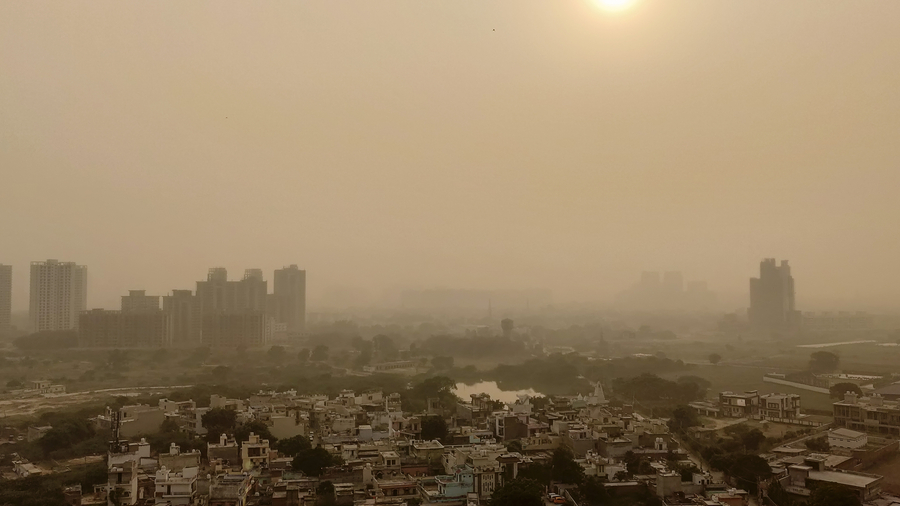Donald Trump’s remark about India’s air quality — he called it “filthy” — has evoked two kinds of reaction. Critics of Narendra Modi have said that Mr Trump’s statement is a testament to yet another of the prime minister’s ‘friendships’ gone sour. However unpalatable Mr Trump’s words might be to Mr Modi’s admirers, it cannot be denied that they convey a bitter truth borne out by data. The State of Global Air 2020 report, to cite just one example, indicates that air pollution led to the deaths of 16.7 lakh Indians, with over a lakh of the victims being less than a month old. Worryingly, research has also found a link between long-term exposure to poor air and Covid-19 mortality.
India’s fight against air pollution is floundering on a number of fronts. The reasons for this failure vary from region to region but the principal concerns — unchecked industrial emissions, vehicular pollution and construction activity — remain unaddressed. In Calcutta, where 70 per cent of the residents were found to be suffering from some kind of respiratory disease according to a study, vehicular pollution has acquired lethal dimensions because public transport’s reliance on green technology remains negligible. This is only a part of the problem. North India’s air is seasonally poisoned by stubble burning in spite of an order by the Supreme Court to make seeders available at subsidized prices. It must be pointed out that in this case the availability of technology is not enough; the technology must also be made accessible. Debt-ridden marginal farmers — they form a large chunk of India’s agrarian workforce — cannot afford to either rent or buy seeders given their meagre resources. The absence of an affordable alternative to stubble burning has hardened the attitude of the agrarian constituency, facilitating the malpractice. This only goes to show that India and other developing economies need a consensual framework for the transfer of funds and technology from the developed world to improve air quality. Ironically, such a transfer is allegedly being resisted by Mr Trump’s country, stalling progress on climate negotiations.











